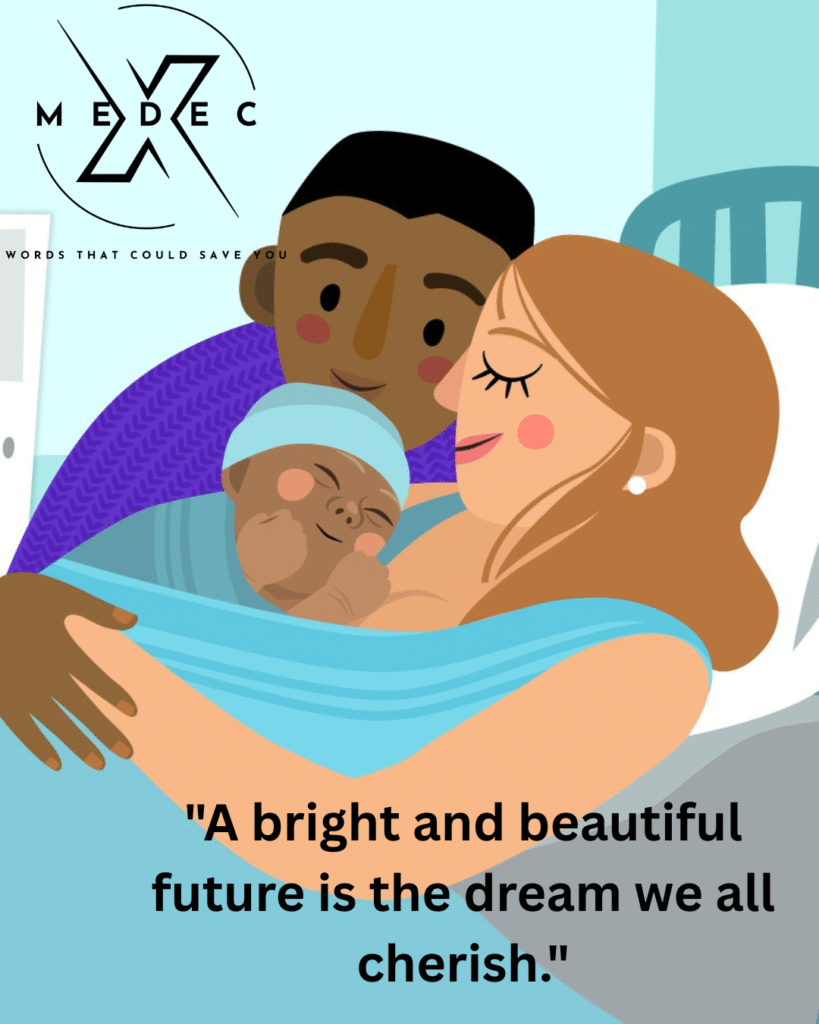Love Means Living Life Together…
But a Healthy Family Needs a Little More Planning
At some point, love turns into a shared dream — a future with a family, children, and a safe, healthy life together. But what if, due to lack of awareness, your child ends up facing a lifelong medical challenge?
Let’s make this journey smoother from the very beginning —
Just by knowing your partner’s blood group.
You might wonder:
“Why should I even care about blood groups before marriage?”
Let’s get into it, with a light but serious tone — because sometimes, small awareness brings the biggest protection. 🌸
🧬 1. Rh Factor — The Risk You Shouldn’t Ignore
Imagine this:
- Wife is Rh-negative,
- Husband is Rh-positive
- If the baby inherits the father’s Rh-positive blood, the mother’s immune system may treat it as a foreign enemy.
During the first delivery, if the baby’s blood mixes with the mother’s, her immune system might create antibodies against Rh-positive blood.
If an Anti-D injection is not given within 72 hours of delivery, the mother’s body will remember this “enemy” and might attack the next baby during pregnancy.
This is called:
- Rh Incompatibility
- And it can cause Hemolytic Disease of the Newborn (HDN) or Erythroblastosis Fetalis
Possible complications in the baby:
- Jaundice (yellowing of skin and eyes)
- Hyperbilirubinemia (too much bilirubin in blood)
- Anemia (low red blood cell count)
- Weakness and lethargy
- Hydrops Fetalis (severe fluid retention in chest, abdomen, and skin)
- Liver and spleen enlargement
- Brain damage (Kernicterus)
- Stillbirth
✅ The solution?
Just one Anti-D injection at the right time. But to give it on time, you need to know the blood group early. Simple, right?

🧪 2. Preventing Thalassemia — A Genetic Trap You Can Avoid
Thalassemia is a genetic disorder. Some people are silent carriers (Minor) and don’t even know it. Globally, 7–8% of the population are carriers.
Now imagine — both partners are carriers.
There’s a 25% chance that their child will be born with Thalassemia Major, needing lifelong blood transfusions every month.
It’s heartbreaking — emotionally, financially, physically.
✅ But how to detect it?
Just one test:
Hb Electrophoresis or HPLC — a simple blood test.
And no — you can’t tell if someone’s a carrier just by looking at them!
Some people only discover they are Thalassemia Minor after years of weakness, anemia, breathing difficulties, cold hands/feet, blurry vision, or dizziness — leading to a late diagnosis.
🆘 3. Emergency Situations Can Happen Anytime
Knowing your blood group can literally save your life.
Imagine:
You’re traveling… there’s an accident…
You’re rushed to the hospital and they ask,
“What’s your blood group?”
You reply:
“Uhh… let me check my Facebook bio?” 😅
Time is critical — and knowing your blood group helps in getting fast, life-saving blood donations in emergencies.
👶 4. It Helps Doctors During Pregnancy & Delivery
Knowing your and your partner’s blood group makes things easier for doctors too:
- Detects Rh Incompatibility risks
- Helps in delivery planning
- Helps prepare for blood transfusions if needed
- Ensures safer pregnancy monitoring and decisions
❤️ Final Words
Before marriage, we often learn everything about our partner:
Their favorite food, movie, even their phone password 😜
So what’s wrong with knowing something even more important — their blood group?
These days, pre-marital blood testing is becoming a smart, responsible trend — and that’s something to be proud of.
Because love doesn’t just mean being there on good days —
It’s also about planning together for the hard ones.
So next time you say “I love you”…
Maybe also ask,
🩸 “What’s your blood group, baby?” 😉



